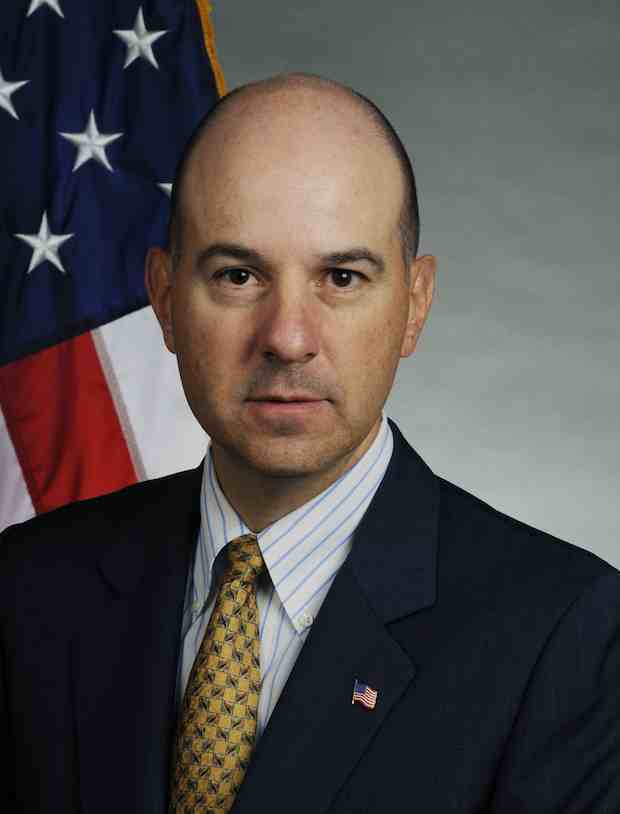Obama Administration Officials Push Patent Reform As Senate Continues Debate
WASHINGTON, March 1, 2011 — Top Obama administration officials moved to assuage American inventors’ fears Tuesday that a fundamental change being sought in the nation’s patent system won’t put them at a disadvantage .
WASHINGTON, March 1, 2011 — Top Obama administration officials moved to assuage American inventors’ fears Tuesday that a fundamental change being sought in the nation’s patent system won’t put them at a disadvantage.
“I know that there are serious concerns about the “first inventor to file” component of this legislation, but I want to assure you that first inventor to file is a win for all American innovators of all sizes, and in all industries, including the small independent inventor and small business communities,” said David Kappos, the administration’s Under Secretary of Commerce for Intellectual Property and Director of the United States Patent Office in a conference call with reporters.
“The first to file system is simpler, which enhances property rights in the innovation marketplace by providing greater legal certainty for small businesses, and the first inventor to file system of course requires proof that an applicant was the first inventor to file, meaning an inventor, and would not inside of a blind range of the patent office that would in any way disadvantage small businesses.”
The legislation currently being debated on the Senate floor would change the U.S. procedure for filing patents from a first-to-invent to a first-to-file system, in line with the way the rest of the industrialized world’s patent systems operate.
Independent inventors and small businesses in the United States have long opposed the push to change America’s system, saying that it would put them at a disadvantage to large corporations, which often set up an incentive system within their firms with the resources and staff to file thousands of patents a year.
In 2010, for example, IBM was granted almost 6,000 patents in the United States alone, putting it at the top of the list for the number of patents granted, according to ifi Claims Patent Services, a company that compiles and crunches data on patent filings.
The independent inventors’ and small business’ opposition, as well as division between industries, and within the information technology itself, has hamstrung the passage of patent reform efforts in the United States since 2005.
Some of the politics of patent reform have changed, and several court decisions have ameliorated some of the concerns that triggered the effort in 2005.
But the biggest names in Silicon Valley, including Google, Apple, Intel and dozens of others still oppose the senate legislation in its current form.
“Portions of the current bill – including the inter partes reexam, damages, and venue sections – remain objectionable to the technology community and we believe most stakeholders would support removing those sections,” wrote the members of the Silicon Valley coalition’s steering committee to the members of the senate in a letter dated February 28.
“In summary, there is no consensus on large parts of S.23. The Senate should not move forward until these provisions are improved or removed from the bill. Until these matters are addressed, we must oppose the bill.”
But the technology industry and industry at large are still divided on the merits of the current legislation emerging from the senate.
It enjoys the support of the Coalition for 21st Century Patent Reform, whose members include General Electric, Motorola, Eli Lilly and many other big corporations, as well as the National Venture Capital Association, the National Association of Manufacturers, the Association of American Universities, and others.
In addition, unlike previous years, the push to reform the patent system is for the first time a top presidential priority.
It is part of the Democrats’ and the administration’s long-term jobs creation agenda that seeks to fundamentally re-shape the U.S. economy to make it more competitive in the global economy.
“I’ve been in constant contact with Senator [Patrick] Leahy, and Congressman [Lamar] Smith, who chairs the House Judiciary Committee, and not only is there bipartisan support in the senate, but there’s a real desire and commitment by Congressman Smith to really advance this,” said Commerce Secretary Gary Locke during the conference call. “David Kappos and I and Cam Kerry in our general counsel’s office, we’ve been meeting with various industry leaders and their CEOs and their general counsels, and we’re really trying to identify any of the issues that are still remaining, and where there may be some division of views, and we’re trying to come to some compromises to get this enacted.”
The one issue that everyone agrees on, apart from, perhaps, the congressional appropriations committees, is that the USPTO needs more money to speed up its operations, and that congress needs to stop siphoning off the patent office’ fees.
The legislation addresses that issue, but it’s historically been a stumbling block in past patent reform efforts.
In recent testimony in front of a House Judiciary subcommittee, former Federal Circuit Chief Judge Paul Michel said: “In my judgment, fixing the problem of PTO funding is far more important than enacting those provisions in recent legislative proposals that would alter court practices or add new processes insdie the PTOif they further increase the PTO’s workload.”
Editor’s Note: The Intellectual Property Club will host a panel discussion on patent reform in the 112th Congress March 8th. Judge Michel will speak, as will a representative of the USPTO, BIO, and others. Join us!









Member discussion